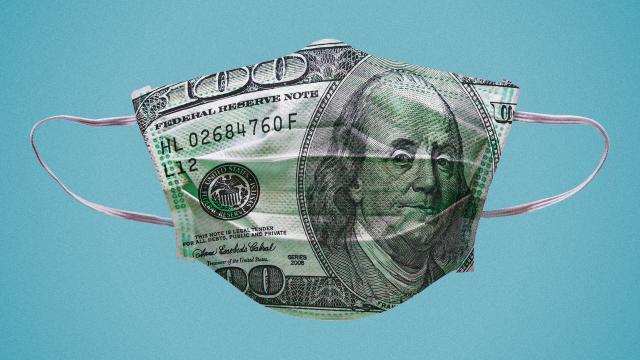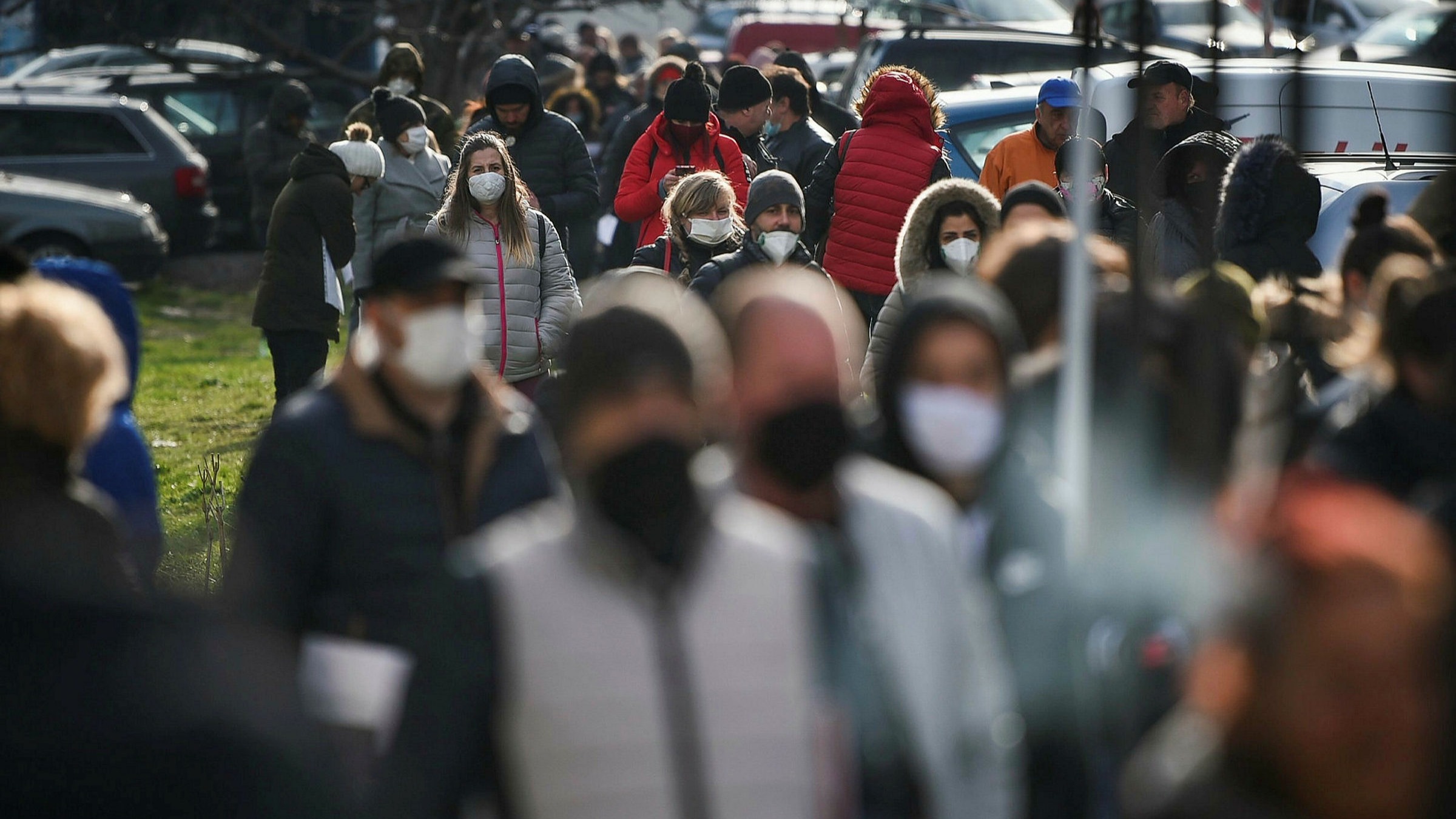
This is Part I in a three-part series about how the coronavirus pandemic is exposing growing fissures in global capitalism.
At a time when wealth is concentrated in the hands of a tiny elite, maintaining comfortable living standards for the majority requires reliance on abundant borrowing.
Too much lending, as we saw in the financial crisis of 2008 with the collapse of global investment banks like Lehman Brothers, can have devastating impacts on everyday people. Nevertheless, somehow lending is now described as “the answer to capitalism’s dirty little secret.”
That dirty little secret is coming back to haunt us amid the current crisis where lending is being treated as an immediate "solution" to help businesses and economies weather the financial storm. The COVID-19 pandemic has pushed the global economy on to a cliff edge, even as there were encouraging signs of an economic recovery from the 2008 banking collapse.
Such signs were evident in Britain when, in 2019, interest rates were cut to 0.5 percent, and the Bank of England pumped money into the economy to compensate for the lack of lending by commercial banks.
“For the first time since the start of 2008, growth has turned positive,” wrote Larry Elliott, the Guardian’s economics editor.
But just over a year later, a deadly virus is wreaking havoc and devastation around the world, sending financial markets into chaos. Eight years of gains on the FTSE 100 were obliterated in a matter of weeks, leading commentators to describe the unprecedented financial blowout caused by the disease as “bringing western capitalism to its knees.”
Like the 2008 financial crash, when fears for the entire Western banking system resulted in a bailouts of the financial corporations and austerity for the people, warnings this time are being heeded that the pandemic could shine ills onto economic systems around the world, exposing the flaws in capitalist society more broadly.
The immediate response to help keep the economy moving during and in the aftermath of the pandemic has been for governments to extend loans to businesses. But the impulse to lend businesses money to weather the storm runs the risk of extended borrowing leading to defaults on loans, causing further government intervention that could effectively “sow the seeds of a larger financial crisis in the future.”
Mariana Mazzucato, professor of economics and founding director of the Institute for Innovation and Public Purpose at University College London, noted how the coronavirus crisis is exposing failings in capitalist structures – for example, governments are dangerously extending loans to businesses at a time when private debt is already at historic highs.
In the United States, just before the pandemic struck, total household debt stood at $14.15 trillion – $1.5 trillion higher than in 2008. It is now widely viewed that private debt was the catalyst behind the 2008 financial crisis.
A report by the Bank of England published in 2014 provides evidence that high household debt levels could have been a primary reason why the 2008 financial crisis became the longest and deepest recession since the 19th century.
The loan tactics being employed by banks have been criticized by businesses for insisting that any risks associated with the government-backed emergency loans to businesses falls to the business owner, rather than the bank.
Barclays Bank has, for example, informed customers it will need to sign personal guarantees to access government-supported emergency finance. Similarly, HSBC has said for loans over £100,000, a form of personal guarantee will be required.
The tactic means that if a business cannot afford to pay off the debt, the bank can go after the personal property of the business owner. Faced with the unprecedented levels of uncertainty COVID-19 has created, business owners are now voicing suspicion and concern about borrowing against personal assets.
The Coronavirus Business Interruption Loan Scheme (CBILS), a government initiative for small businesses across Britain that have been affected by the coronavirus, is helping companies access finance to assist with cash flow, but it too has been riddled with criticism. The loans come with 12 months of interest-free credit, but can be for terms up to six years.
Commercial lenders, which at present cover 20 percent of loan losses under the CBILS government scheme, have been rejecting requests to borrow rescue funds that could enable business to remain solvent during the coronavirus lockdown. The scheme has led to complaints about high interest rates which, following the first interest-free 12 months, can reach as much as 30 percent.
In response to the pitfalls of CBILS, the UK’s shadow business secretary Ed Miliband is urging Chancellor Rishi Sunak to cut out the banks and offer 100 percent government-backed loans. Miliband has recommended that Sunak explore the Swiss model of lending, which is backed by a full government guarantee based on a single government form that is used by all lenders.
While the extent of economic damage caused by the COVID-19 pandemic is sure to grow, the initial response by policymakers has been to flood businesses and households with greater debt in an attempt to keep the economy going. But, as we saw with the financial crash of 2008, forcing people into debt can have catastrophic consequences.













